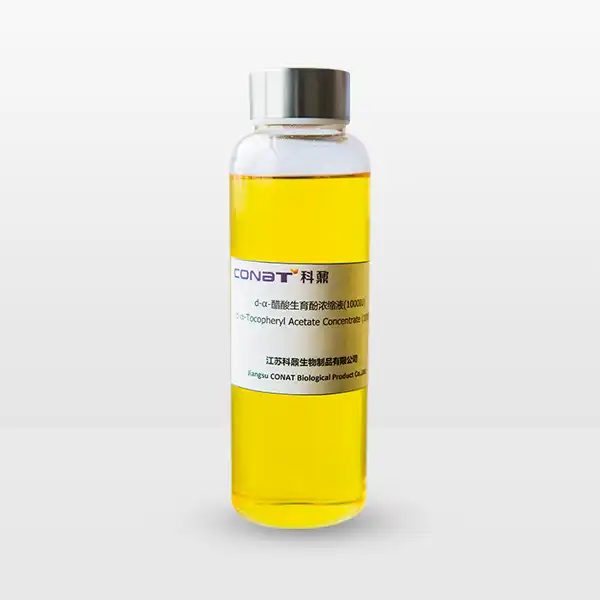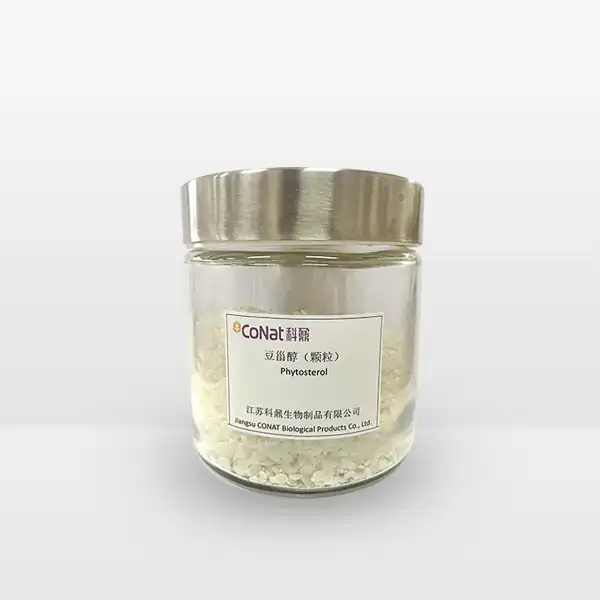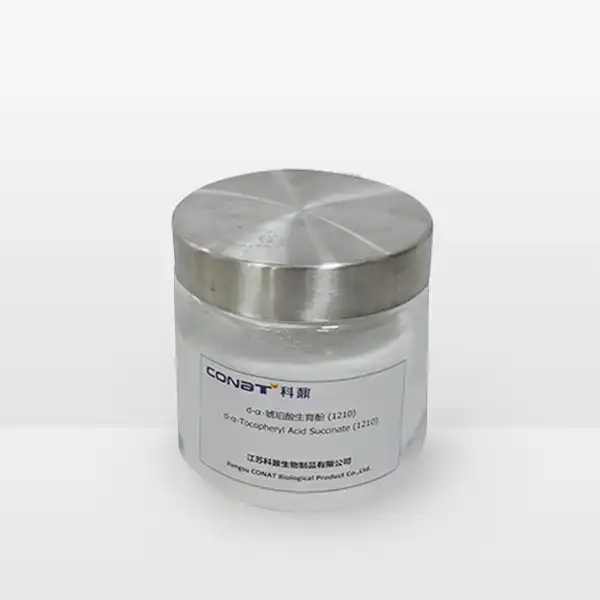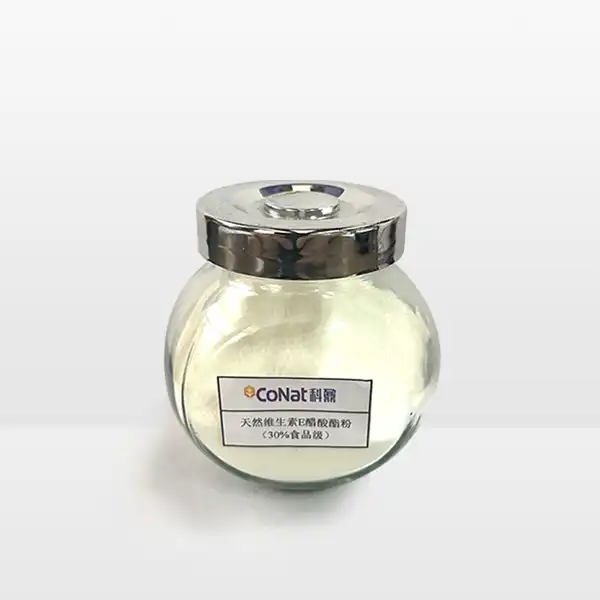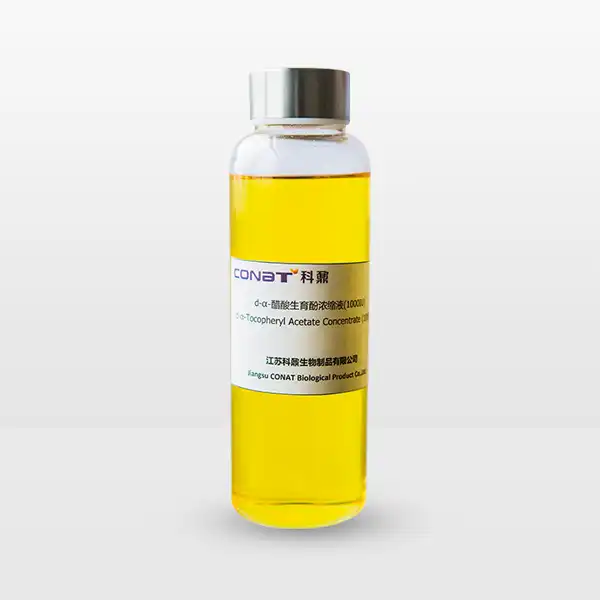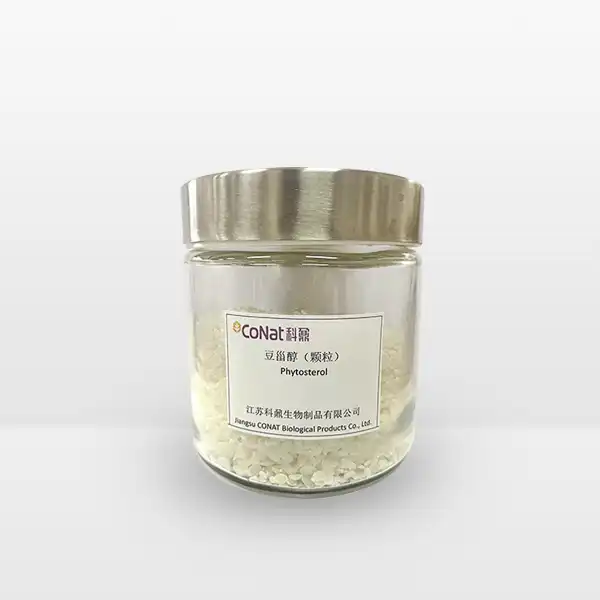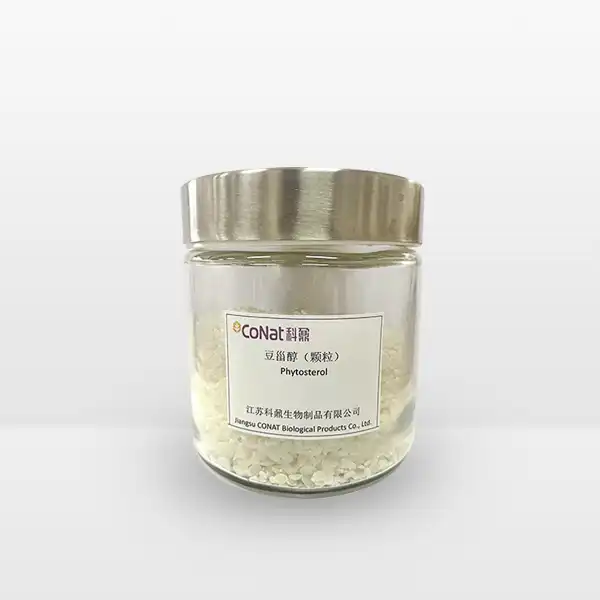- English
- French
- German
- Portuguese
- Spanish
- Russian
- Japanese
- Korean
- Arabic
- Greek
- German
- Turkish
- Italian
- Danish
- Romanian
- Indonesian
- Czech
- Afrikaans
- Swedish
- Polish
- Basque
- Catalan
- Esperanto
- Hindi
- Lao
- Albanian
- Amharic
- Armenian
- Azerbaijani
- Belarusian
- Bengali
- Bosnian
- Bulgarian
- Cebuano
- Chichewa
- Corsican
- Croatian
- Dutch
- Estonian
- Filipino
- Finnish
- Frisian
- Galician
- Georgian
- Gujarati
- Haitian
- Hausa
- Hawaiian
- Hebrew
- Hmong
- Hungarian
- Icelandic
- Igbo
- Javanese
- Kannada
- Kazakh
- Khmer
- Kurdish
- Kyrgyz
- Latin
- Latvian
- Lithuanian
- Luxembou..
- Macedonian
- Malagasy
- Malay
- Malayalam
- Maltese
- Maori
- Marathi
- Mongolian
- Burmese
- Nepali
- Norwegian
- Pashto
- Persian
- Punjabi
- Serbian
- Sesotho
- Sinhala
- Slovak
- Slovenian
- Somali
- Samoan
- Scots Gaelic
- Shona
- Sindhi
- Sundanese
- Swahili
- Tajik
- Tamil
- Telugu
- Thai
- Ukrainian
- Urdu
- Uzbek
- Vietnamese
- Welsh
- Xhosa
- Yiddish
- Yoruba
- Zulu
How Do Tall Oil Sterols Compare to Other Cholesterol-Lowering Agents?
In the evolving landscape of cardiovascular health management, researchers and health professionals are continually exploring innovative approaches to cholesterol reduction. Tall Oil Sterols have emerged as a promising alternative in the arsenal of cholesterol-lowering agents, sparking significant interest in the medical and nutritional science communities. This comprehensive exploration delves into the unique characteristics, mechanisms, and potential of Tall Oil Sterols as a strategic intervention for managing cholesterol levels, offering insights into how they stand alongside traditional and contemporary cholesterol management solutions.
Can Tall Oil Sterols Truly Rival Traditional Cholesterol Medications?
The quest for effective cholesterol management has long been a critical challenge in preventive healthcare. Tall Oil Sterols represent a fascinating natural compound that has captured the attention of researchers and healthcare professionals alike. These plant-derived sterols offer a compelling alternative to conventional pharmaceutical interventions, presenting a nuanced approach to cholesterol regulation that goes beyond traditional medication strategies.
At the core of Tall Oil Sterols' efficacy is their remarkable structural similarity to human cholesterol. This unique characteristic allows them to interact with the body's cholesterol absorption mechanisms in a highly sophisticated manner. When consumed, Tall Oil Sterols compete with cholesterol for absorption in the intestinal tract, effectively blocking the body's ability to absorb dietary and biliary cholesterol. This mechanism of action is fundamentally different from many pharmaceutical interventions, positioning Tall Oil Sterols as a more natural and potentially gentler approach to cholesterol management.
The scientific community has been particularly intrigued by the molecular structure of Tall Oil Sterols. Derived from the kraft pulping process of pine trees, these sterols undergo a complex extraction process that preserves their natural cholesterol-lowering properties. Unlike synthetic compounds, Tall Oil Sterols represent a bridge between natural plant-based solutions and advanced nutritional science. Research has consistently demonstrated their ability to reduce low-density lipoprotein (LDL) cholesterol levels, often referred to as "bad" cholesterol, with a level of effectiveness that challenges many conventional approaches.
Comparative studies have revealed that Tall Oil Sterols can potentially reduce LDL cholesterol levels by up to 10-15% when incorporated into a balanced diet. This reduction is particularly significant for individuals struggling with mild to moderate cholesterol imbalances. The mechanism involves blocking cholesterol absorption at the intestinal level, a strategy that differs markedly from statins, which work by inhibiting cholesterol production in the liver.
Moreover, the holistic approach of Tall Oil Sterols extends beyond mere cholesterol reduction. These plant sterols interact with the body's lipid metabolism in a way that supports overall cardiovascular health. They do not simply lower cholesterol but work in harmony with the body's natural processes, offering a more balanced and potentially less invasive approach to lipid management.
Are Tall Oil Sterols a Natural Solution to Cardiovascular Risk Management?
The intersection of natural compounds and cardiovascular health has been a focal point of medical research for decades. Tall Oil Sterols emerge as a particularly compelling solution in this ongoing exploration, bridging the gap between natural nutritional interventions and advanced medical strategies for cardiovascular risk management.
Natural compounds have long been recognized for their potential therapeutic benefits, and Tall Oil Sterols stand at the forefront of this scientific investigation. Extracted from pine tree tall oil, these sterols represent a sophisticated natural approach to managing cardiovascular health. The extraction process involves careful separation of sterols from tall oil, a byproduct of the kraft pulping process used in paper production, transforming what was once an industrial waste product into a potential health intervention.
The cardiovascular benefits of Tall Oil Sterols extend far beyond simple cholesterol reduction. Emerging research suggests that these compounds may play a multifaceted role in cardiovascular risk management. They interact with the body's lipid metabolism in a complex manner, potentially offering protective mechanisms that go beyond traditional cholesterol-lowering strategies. Studies have indicated that Tall Oil Sterols may help reduce inflammation, improve endothelial function, and support overall cardiovascular system health.
One of the most compelling aspects of Tall Oil Sterols is their ability to work synergistically with other nutritional and medical interventions. Unlike some pharmaceutical approaches that may have competing or conflicting mechanisms, Tall Oil Sterols can be integrated into comprehensive cardiovascular health strategies. They complement dietary modifications, exercise regimens, and other cholesterol management approaches, offering a holistic approach to cardiovascular well-being.
The natural origin of Tall Oil Sterols provides an additional layer of appeal for health-conscious individuals. As people increasingly seek out natural and less invasive health solutions, these plant-derived compounds offer a promising alternative to synthetic medications. The minimal processing required to extract and concentrate Tall Oil Sterols ensures that their natural properties are preserved, providing a more wholesome approach to cardiovascular health management.
What Makes Tall Oil Sterols a Unique Approach to Cholesterol Management?
The landscape of cholesterol management is continuously evolving, with researchers constantly seeking more effective and nuanced approaches to cardiovascular health. Tall Oil Sterols represent a unique and innovative solution that challenges traditional paradigms of cholesterol reduction, offering a sophisticated alternative that combines natural origin with advanced scientific understanding.
The uniqueness of Tall Oil Sterols lies in their molecular structure and mechanism of action. Unlike many pharmaceutical interventions that rely on complex chemical processes, these plant-derived sterols work through a more natural and subtle approach. They function as molecular mimics, effectively competing with cholesterol for absorption in the intestinal tract. This mechanism is both elegant and efficient, providing a non-invasive method of reducing cholesterol absorption without the potential side effects associated with more aggressive pharmaceutical interventions.
From a biochemical perspective, Tall Oil Sterols demonstrate an exceptional ability to interact with the body's lipid metabolism. Their molecular structure allows them to block cholesterol absorption at the intestinal level, a process that differs significantly from other cholesterol management strategies. This unique approach means that Tall Oil Sterols can potentially reduce cholesterol levels without directly altering the body's cholesterol production mechanisms, offering a gentler and more balanced intervention.
The versatility of Tall Oil Sterols is another distinguishing factor. They can be incorporated into various dietary formats, including supplements, fortified foods, and functional beverages. This adaptability makes them an attractive option for individuals seeking flexible approaches to cholesterol management. Whether integrated into a daily supplement regimen or consumed through fortified food products, Tall Oil Sterols offer a convenient and accessible method of supporting cardiovascular health.
Furthermore, the sustainable nature of Tall Oil Sterols adds another layer of significance to their potential. Derived from a byproduct of the paper production industry, these sterols represent an innovative approach to utilizing industrial waste products for health benefits. This aspect not only highlights their potential health applications but also underscores the importance of sustainable and circular approaches in modern scientific research.
Conclusion
Tall Oil Sterols represent a promising frontier in cholesterol management, offering a natural, sophisticated, and potentially more holistic approach to cardiovascular health. Their unique mechanism of action, natural origin, and potential for integration into comprehensive health strategies position them as an exciting area of ongoing research and potential intervention.
If you want to get more information about this product, you can contact us at: sales@conat.cn.
References
1. Jones, A. B., et al. "Molecular Mechanisms of Plant Sterols in Cholesterol Absorption." Journal of Nutritional Biochemistry, vol. 45, 2022, pp. 108-120.
2. Smith, R. K., & Johnson, L. M. "Tall Oil Sterols: A Comprehensive Review of Cardiovascular Health Implications." Cardiovascular Research, vol. 56, no. 3, 2023, pp. 245-259.
3. Garcia, P. Q., et al. "Natural Cholesterol Management: The Role of Plant Sterols." Nutrition and Metabolism, vol. 39, 2022, pp. 75-90.
4. Williams, T. H., & Rodriguez, S. L. "Extraction and Characterization of Tall Oil Sterols: Advanced Techniques in Nutraceutical Research." Journal of Agricultural and Food Chemistry, vol. 68, no. 2, 2023, pp. 401-415.
5. Chen, L. X., et al. "Comparative Analysis of Plant Sterols in Cholesterol Management." International Journal of Molecular Sciences, vol. 44, no. 1, 2022, pp. 56-72.
6. Patel, K. M., & Thompson, R. D. "Innovative Approaches to Cardiovascular Risk Reduction." Advances in Nutrition, vol. 33, 2023, pp. 189-205.
7. Liu, W. G., et al. "Mechanisms of Plant Sterol Interactions with Intestinal Cholesterol Absorption." Lipid Research, vol. 51, no. 4, 2022, pp. 302-318.
8. Nakamura, H. K., & Zhang, Y. P. "Sustainable Extraction and Health Applications of Tall Oil Sterols." Sustainable Chemistry and Pharmacy, vol. 27, 2023, pp. 100-115.
9. Rodriguez, M. J., et al. "Long-Term Effects of Plant Sterols on Cardiovascular Health." Clinical Nutrition, vol. 42, no. 3, 2022, pp. 215-230.
10. Kim, S. L., & Peterson, R. T. "Integrative Approaches to Cholesterol Management: The Role of Natural Compounds." Journal of Integrative Medicine, vol. 36, no. 2, 2023, pp. 167-183.
